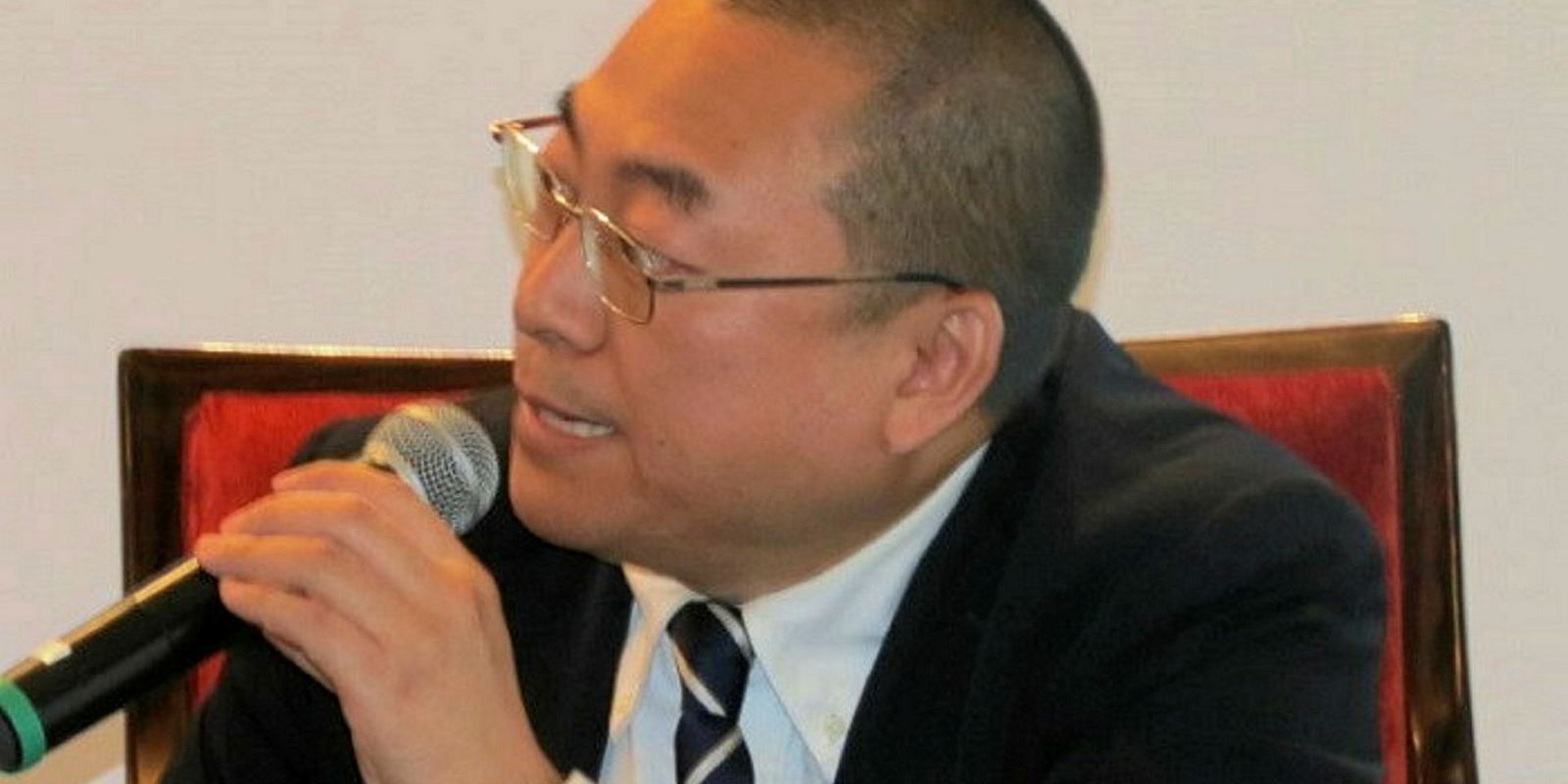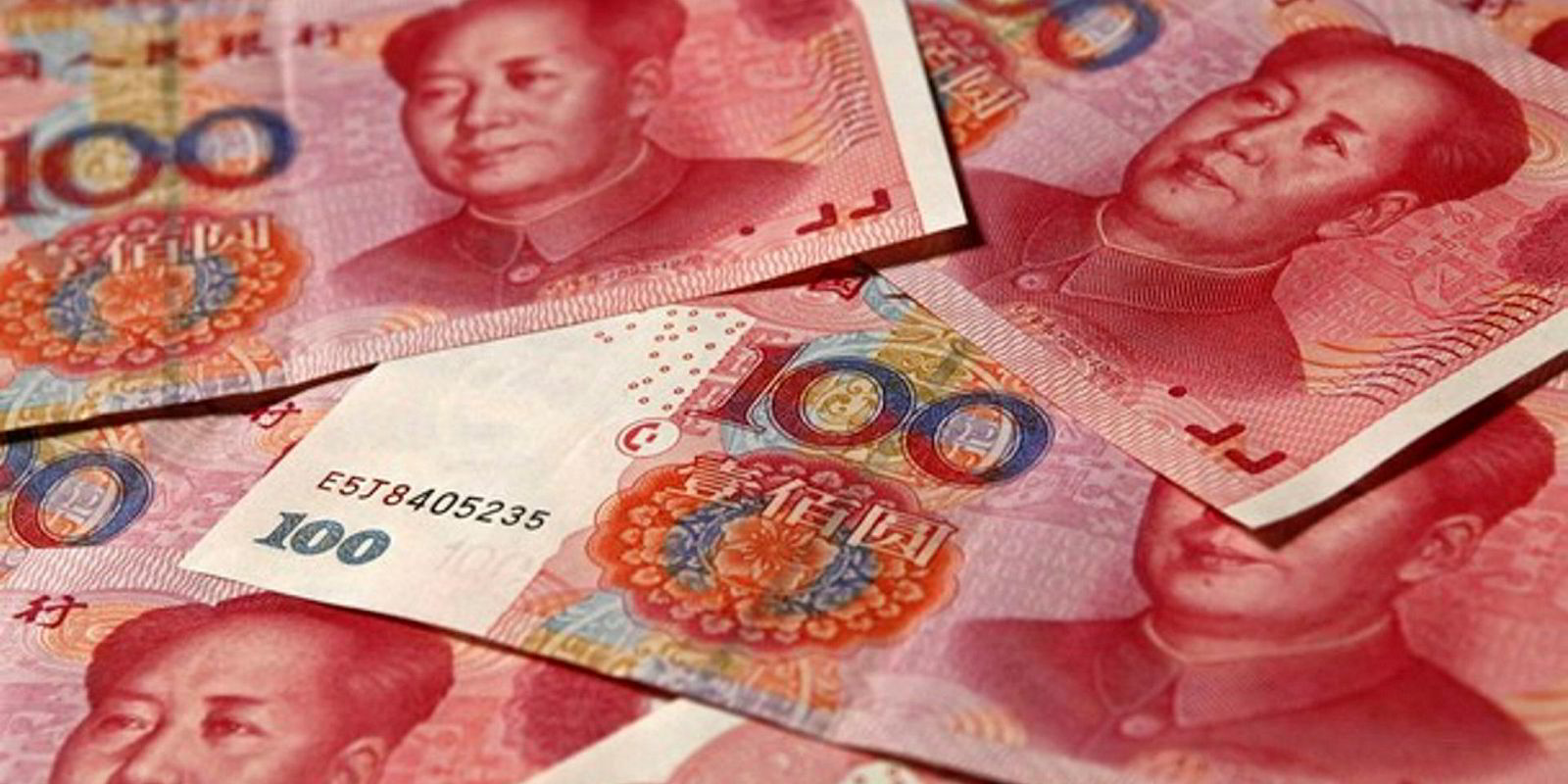A China Cosco Shipping investment fund has abruptly dismissed Dr Jin Hai, the Chinese-American ship finance man it recruited two years ago.
The fund's managing company issued a terse public announcement of the move today.
"You are hereby informed by letter that our company has dismissed Jin Hai from his duties as general manager, as of 29 March 2019," read the complete announcement by Cosco Cinda Investment Management (Tianjin).
The joint venture of Cosco and its 50.05% major partner, state-owned investment group China Cinda Asset Management Co, is referred to both as the Cosco Cinda fund and as Cosco Shipping Fund.
Jin tells TradeWinds he is not leaving for a new position, and only learned yesterday that he was dismissed.
"I still have some issues to clear up with Cosco Shipping Fund and then I will be gone," he said, and declined to comment further on his situation for the time being.
Asked about the fund's transactions during his tenure, he said there were "actually not many and basically for the domestic market", but declined to comment on how much of the business the fund did was in ship finance.
Jin's background includes sale and purchase broking stints for Fearnleys, ACM, and ICAP.
He worked as head of China operations for Northern Shipping Fund before he was recruited to develop and run the new fund in May 2017.
The move was considered unusual in that central state-owned enterprise Cosco would not ordinarily be expected to hire a foreign passport holder as head of a substantial subsidiary.
In January 2018 Cosco announced Cinda's participation in CNY 1bn fund.
Jin told TradeWinds at the time he was recruited that the fund would be aimed mainly at third-party clients rather than internal Cosco asset finance projects, and that it would have both a US dollar investment platform and a Chinese renminbi platform for financing domestic assets.
But outside observers who had discussed co-operation with Cosco Cinda Asset Management tell TradeWinds they doubt it ever succeeded in securing the dollar platform, and add that the fund managers "talked more like a general partner than a limited partner", indicating that they did not directly control the resources needed for international projects.




